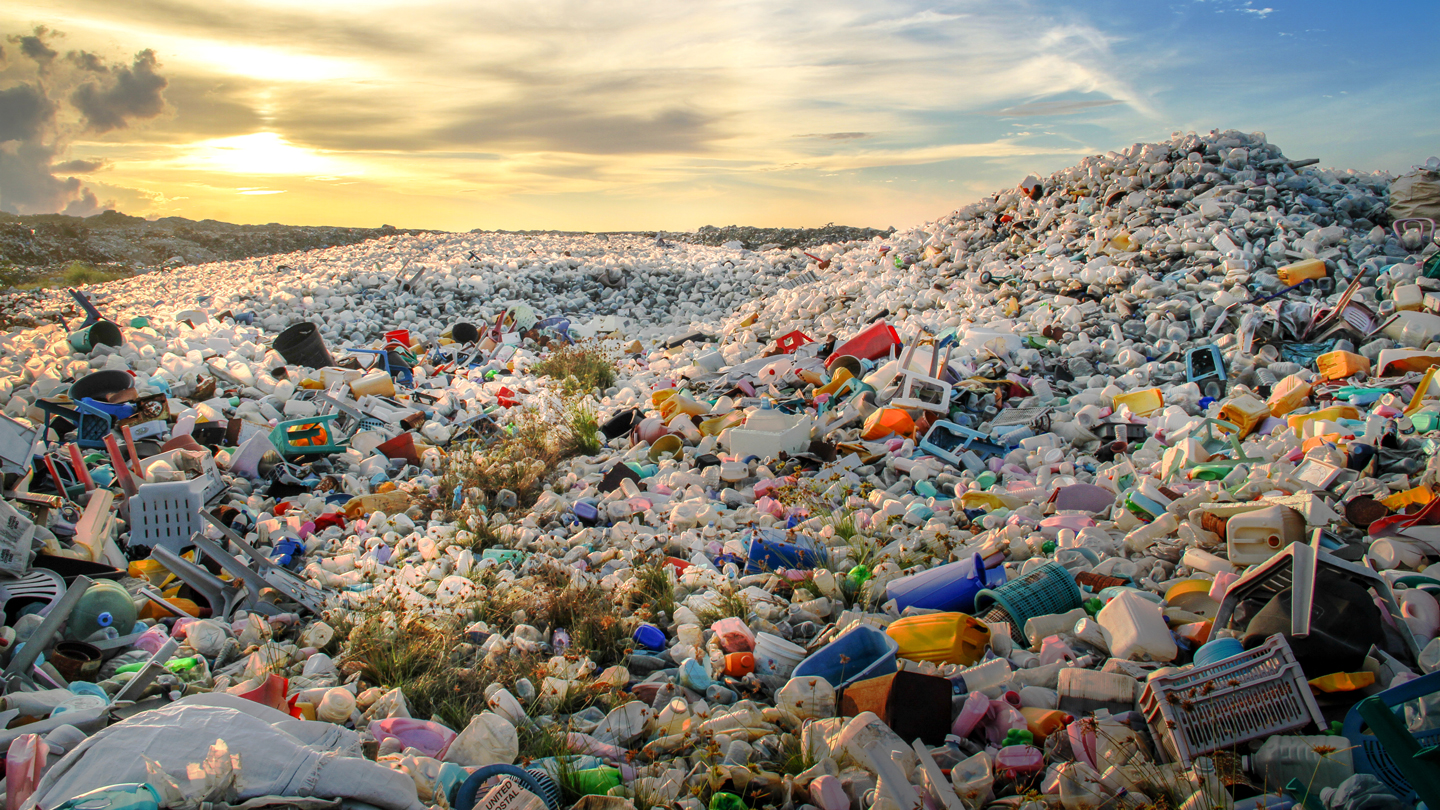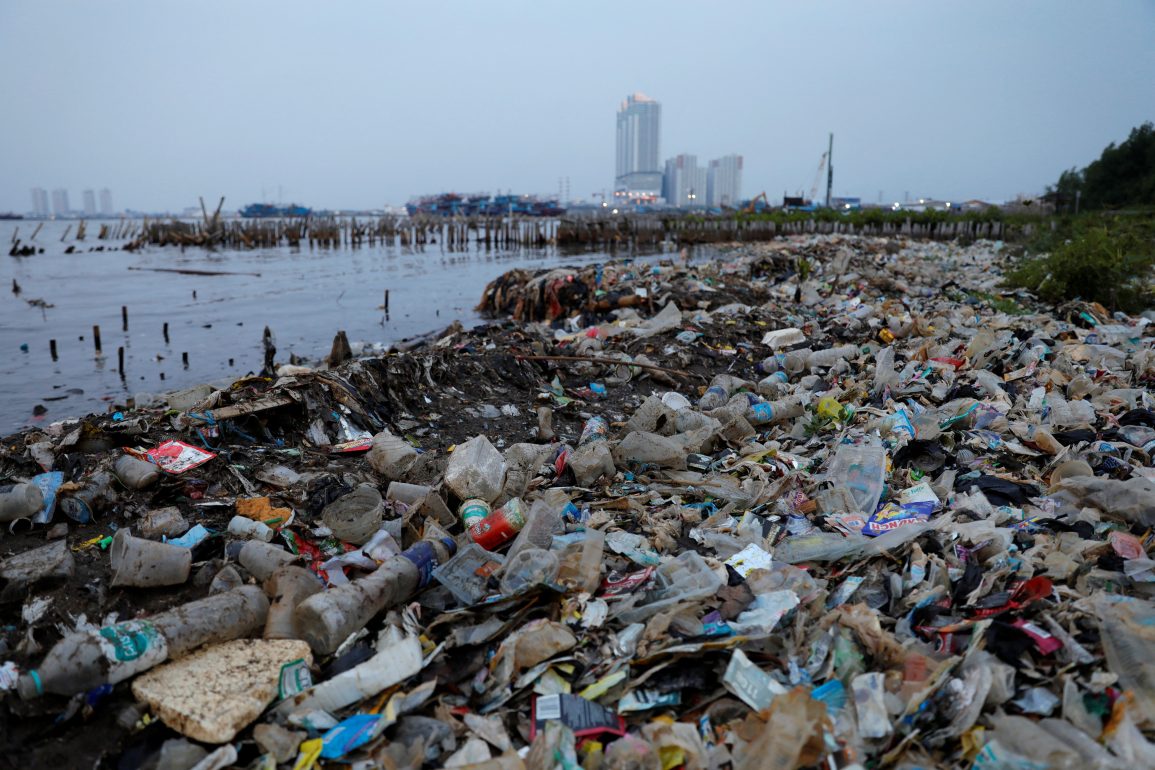Plastic pollution is a critical issue in Australia, where the country produces more single-use plastic waste per capita than all but Singapore. A report by the Minderoo Foundation highlights that Australia’s plastic consumption has surged by 60% from 2000 to 2021, increasing from an estimated 92 kg to 148 kg per person.
A significant portion of this waste consists of soft plastics, which are typically single-use and easily scrunched into a ball. The growing consumption of plastics underscores the urgency of addressing this environmental crisis.
Despite rising consumer awareness and regulatory efforts, the global proliferation of single-use plastics continues unabated. The Plastic Waste Makers Index revealed that an additional 6 million metric tons of single-use plastic were produced in 2021 compared to 2019.
Alarmingly, the majority of this plastic is still derived from fossil fuels rather than recycled materials, indicating a failure to effectively manage plastic waste. This lack of progress in recycling soft plastics and other materials reveals a significant gap in the current waste management strategies.

The challenges associated with recycling soft plastics are substantial. Many common plastic products, such as food packaging and plastic bags, are difficult to sort and process, often leading to machinery malfunctions during recycling operations.
The collapse of REDcycle, a prominent soft plastic recycling initiative in Australia, highlighted these issues and left consumers questioning viable recycling options. Contamination and the diverse types of plastics involved complicate recycling efforts, causing many recycling facilities to treat post-consumer soft plastic packaging as waste rather than a recyclable material.
In the aftermath of REDcycle’s collapse, some Australian companies and organizations are exploring alternative solutions. The Soft Plastics Taskforce has initiated the rollout of recycling bins in select supermarkets, while companies like Curby are introducing kerbside recycling options in certain regions.
Curby is also developing an end-to-end collection and processing system for soft plastics. While these efforts are promising, critics argue that they serve merely as temporary fixes to a more extensive systemic problem that requires stronger regulatory frameworks and comprehensive solutions.
Looking ahead, a global treaty on plastic pollution may offer a more robust framework for addressing this crisis. With leaders set to convene in Busan, South Korea, for the final round of talks on a global plastics treaty, advocates stress the need for mandatory regulations to effectively reduce plastic use and pollution.
Experts believe that the Australian government should take a proactive stance in these negotiations to promote a sustainable future, with the goal of significantly curbing plastic production and protecting the environment. The pressing question remains: will Australia fully commit to this global initiative?

